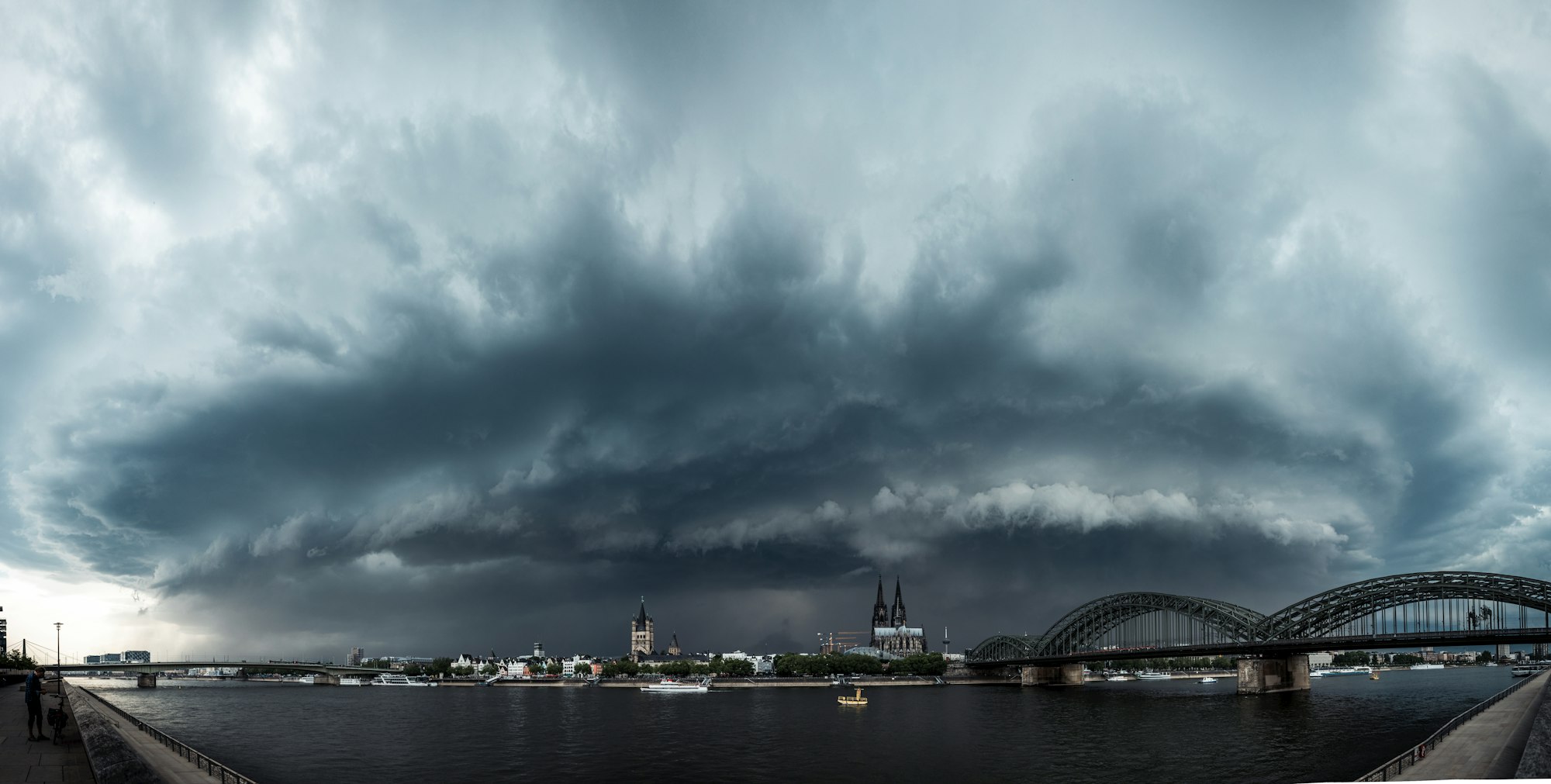Against Ableist Religiosity: On John Milton's Sonnet 19 & Nate Klug's "Milton's God"
I am thinking about service.

I am thinking about service. About how respectable people build institutions to help in their name. How they want a lasting good--a noble desire!--but that often becomes a trap. Quite a few start believing everything must be marshaled to help them provide. No dissent can be tolerated. Their one good, then, becomes poison to a number of others.
The last line of John Milton's Sonnet 19, "They also serve who only stand and wait," tries to answer an impossible question of his: "Doth God exact day-labour, light denied?" Milton says he asks this "fondly," but that only points more vigorously to the silence of a divine being allowing followers to go blind. At the heart of Milton's question is service. A God claiming to be perfectly just demands faith so great that it spontaneously blossoms into works. To be sure, this is a beautiful thought. If I fill myself with hymns to hum, scripture to quote, and sermons for meditation, how could I not want to do good? (as the kids say: "derogatory.") On another note: there are moral people who want to be just, who want to serve. The needs of this world are endless. Should they feel guilty that their capabilities diminish? That they may need more than they feel they can give?
I've known a surprising number of people who go out of their way to abuse those with disabilities. They'll accuse them of being essentially sinful. "Bad things must happen to bad people" is their version of religion. Milton's musing on his situation shows how religion in general can enable this horror. If God helps people do great things, then what about the many who go through the unspeakable? For Milton, the guilt is internalized. He has to rethink his dignity in ways that are profoundly personal and explicitly not traditional. "They also serve who only stand and wait" is a far cry from "Let the dead bury themselves."
For my part, I have doubts about grounding human dignity in the notion we must serve. Of course, I've known believers who claimed their "spirituality" was chief and any ideas about morality or service were irrelevant. A life well-lived probably has to be open to doing good for others. But if you want to glimpse some of my doubts, think about how having a job in America has been weaponized. Having a job has nothing to do with competence or desert--it is entirely a matter of social class and who is welcome to the club. That's the deep reason why so many retail jobs are interchangeable, why any job which might catapult you into different company requires... well, prior familiarity with that company. To be able to serve is, in many instances, a privilege.
I wonder if dignity and a certain kind of aesthetic experience can be fused. In that spirit, I turn to Nate Klug's "Milton's God," which presents a revelation in the midst of everyday business. What does it mean when the terrible and sublime emerge during a commute?
Milton's God (from Poetry) Nate Klug Where I-95 meets the Pike, a ponderous thunderhead flowered; stewed a minute, then flipped like a flash card, tattered edges crinkling in, linings so dark with excessive bright that, standing, waiting, at the overpass edge, the onlooker couldn’t decide until the end, or even then, what was revealed and what had been hidden.
Klug brings us to his Miltonic moment, "standing, waiting, at the overpass edge." He's looking at I-95 meeting the Pike, where masses of people routinely rush to work or flood back. Over them all, "a ponderous thunderhead flowered." I can tell you from my days in Dallas and St. Louis that I pondered many a thunderhead. I always worried about being caught in a vicious storm. Buckets of rain is not a figure of speech. I've been caught in a number of storms where I not only could not see, but the water accumulated dangerously fast on the road.
The thunderhead Klug describes "flowered," then "stewed a minute," as if to make sure everyone saw how ominous it was. Suddenly, it "flipped / like a flash card, tattered / edges crinkling in, linings so dark / with excessive bright." The ominous, deadly cloud is visually overwhelmed by the Sun.
What was revealed? All I know is that this is the furthest thing from service. To witness the Sun emerge out of darkness edifies, but to not see it is not a loss. I don't much like the word "wonder" to describe our reaction at such a moment. "Wonder" tracks too closely to a hierarchical notion of nature; those who most need to hear they deserve respect are not helped by it. I'd rather say dignity, to some extent, lies in bearing witness, in not denying what has happened.
